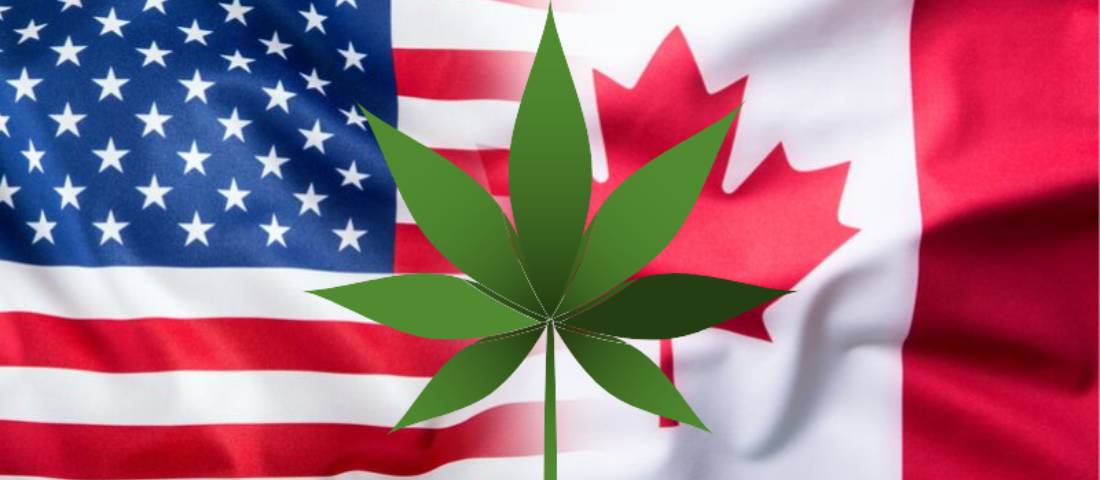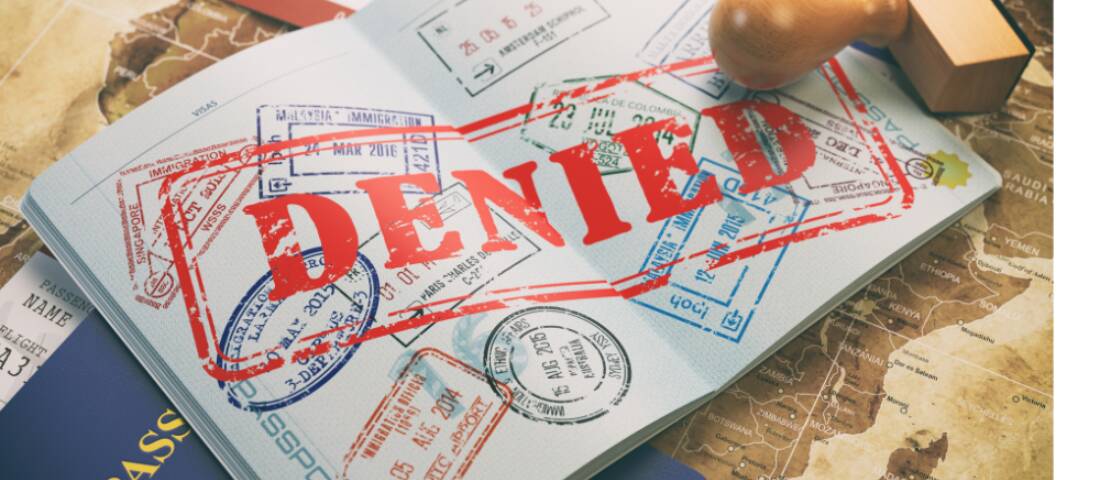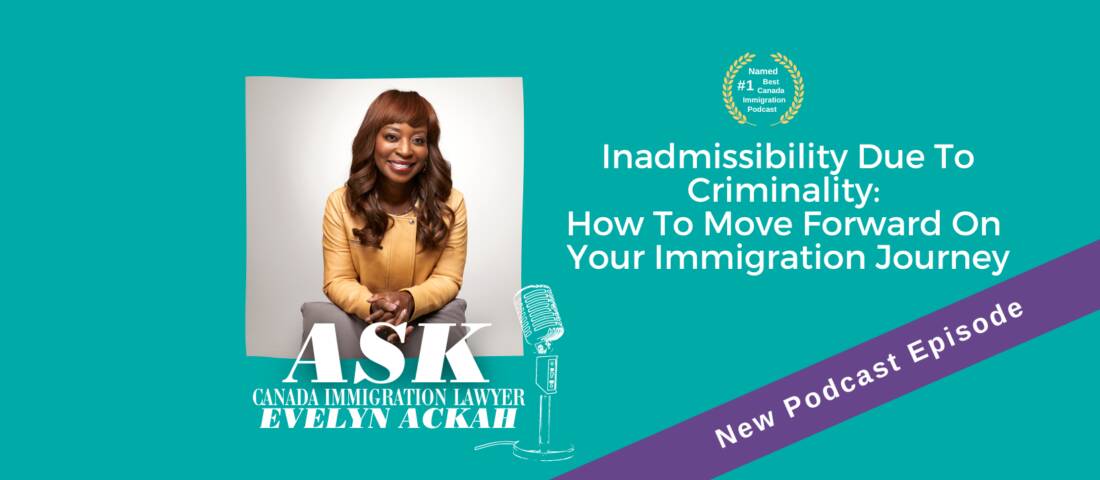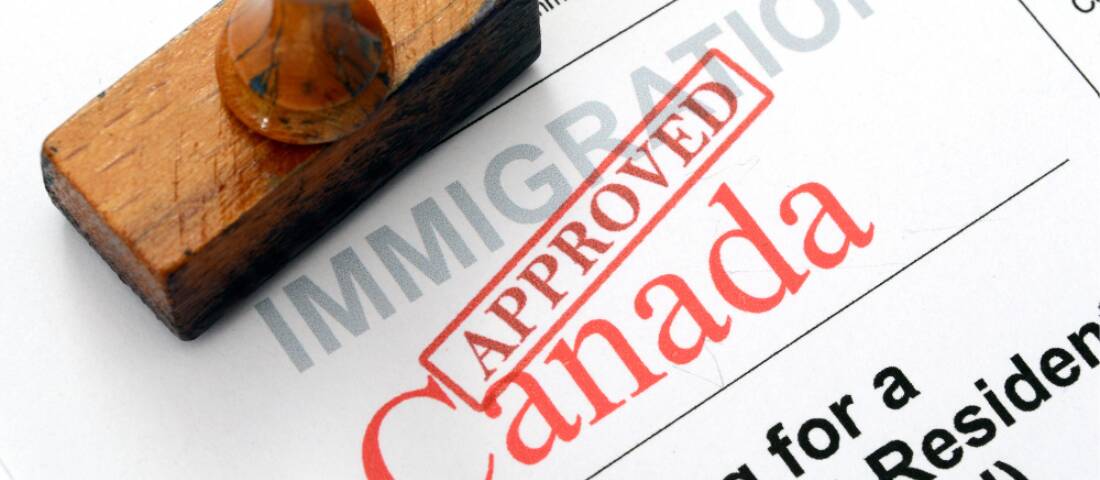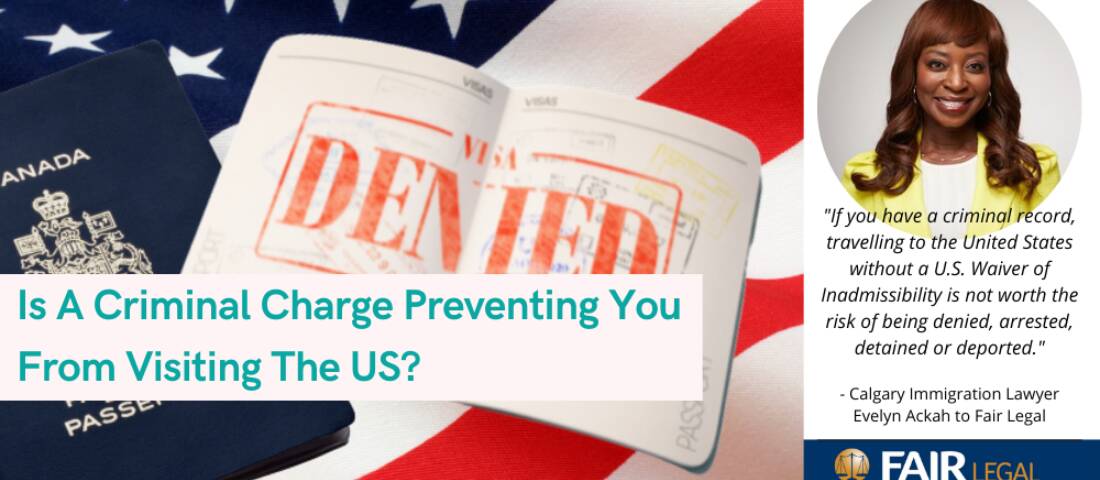Canada Bill C-93, an amendment to the Criminal Records Act to expedite granting pardons for Canadians with criminal records for simple possession of cannabis was tabled by the federal government in March and became law on August 1, 2019. The law eliminates the waiting process associated with other pardon applications and waives the $631 application fee and the 5-10 year wait period. A pardoned cannabis conviction will not appear in the Canadian Police Information Centre database, which is used by United States border officials to determine if someone can cross the border into the U.S.

Evelyn Ackah
Canada immigration lawyer Evelyn Ackah advises that the U.S. laws on marijuana possession, use and investment have not changed and that Canadians with a cannabis conviction should consult an immigration lawyer before they travel to the United States:
U.S. federal laws on cannabis have not changed. Canada Bill C-93 does not erase information about Canadians' criminal history that was already electronically shared with the U.S. border patrol database. Canadians with criminal records for cannabis possession still face problems at the border, and are still subject to being denied entry or a permanent ban on entering the U.S. even if they have a pardon.
What Is A Cannabis Waiver of Inadmissibility?
One of the most stressful issues for people traveling to Canada or the United States is criminal inadmissibility. Marijuana convictions even 30 or 40 years old can cause you to be deemed inadmissible to enter at the border. Canadian and U.S. immigration agencies share electronic criminal data. As a result, your file can be flagged at the border, even if you haven't been charged yet or have not been convicted of a cannabis crime. If you have received a Canadian cannabis pardon, but your criminal marijuana conviction was already shared with the United States, that information remains in the U.S. database and is used by border guards to determine if you can enter.
You may qualify to be deemed rehabilitated and receive a waiver of inadmissibility. Rather than risk being denied entry due to criminal inadmissibility, an immigration lawyer can review your case and advise if you should apply for a determination of individual rehabilitation.
Public Safety Canada confirms a cannabis pardon still impacts a Canadian's ability to enter the United States:
As with expungement, a pardon does not guarantee a person entry or visa privileges to another country because foreign jurisdictions are not bound by Canadian laws. Entry and exit requirements are at the discretion of each country.
Any foreign country, including the United States, may have documented previous interactions with individuals, which may include an individual’s Canadian criminal conviction information prior to a pardon being granted. When required by foreign border officials, these individuals will be able to provide the required documentation to demonstrate that their conviction has been pardoned.
The new cannabis pardon law allows Canadians and non-Canadians with a marijuana conviction in Canada to apply for pardons through the Parole Board of Canada's website, and promises faster processing.
Learn More:

